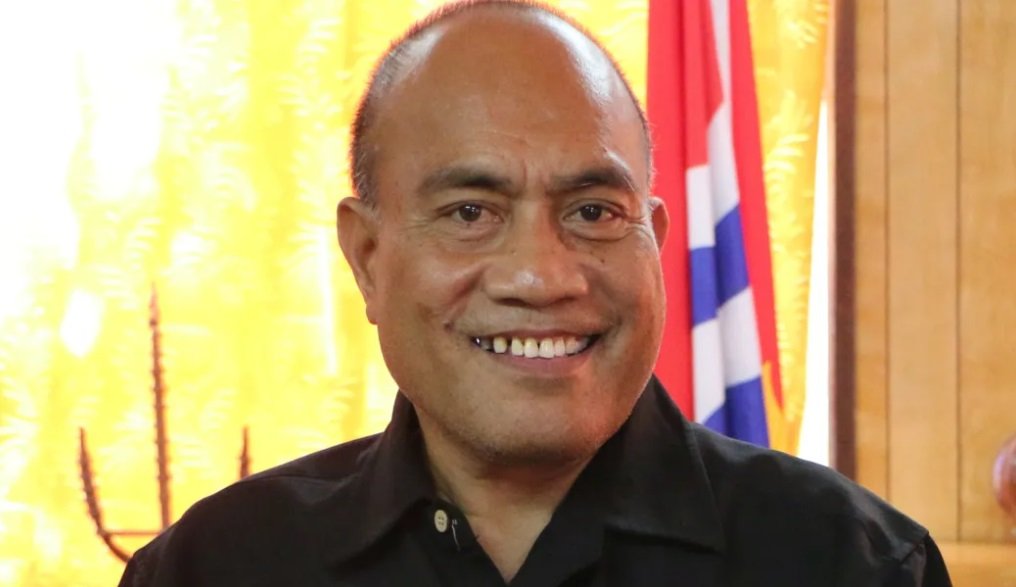
Kiribati is rated ‘open’ by the CIVICUS Monitor. Kiribati is a multiparty democracy that holds regular elections. There are no significant restrictions on the media. Freedom of assembly is constitutionally protected and generally upheld in practice and there is freedom for NGOs, particularly those engaged in human rights and governance-related work. However, there have been concerns about judicial independence and that the government has yet to decriminalise defamation or establish a national human rights institution.
In August 2024, the Tobwaan Kiribati Party (TKP) won 33 of the 44 seats at stake in the 45-member House of Assembly, while the Boutokaan Kiribati Moa (BKM), led by the opposition leader Tessie Lambourne, won eight seats.
In October 2024, Taneti Maamau was re-elected as the President of Kiribati for a third term. The I-Kiribati people went to the polls on 25th October 2024 for the presidential elections. Maamau, has held the role for the past eight years and won about 55 percent of the vote. Kaotitaake Kokoria, who broke away from the ruling Tobwaan Kiribati Party (TKP) to form his own alliance, won 42 percent.
Opposition leader Tessie Lambourne, was blocked by the Maneaba, or parliament, from contesting the presidential election. She stated in September 2024 that Kiribati has rapidly “declined into authoritarianism” and “institutions have been weakened and accountability and transparency are virtually non-existent.”
Association
Kiribati Court of Appeal hears deported Judge Lambourne's appeal https://t.co/qjLXTqusZT
— RNZ Pacific (@RNZPacific) December 8, 2024
On 9th December 2024, the Kiribati Court of Appeal heard an appeal from High Court Judge David Lambourne, who was forced out of the country following a dispute with the government.
Sitting on Friday were prominent Pacific judges: Papua New Guinea's Chief Justice Sir Gibbs Salika, Vui Clarence Nelson of Samoa's Supreme Court, and Mohammed Khan from Fiji.
Lambourne's appeal centred on a High Court decision to uphold President Taneti Maamau's appointment of a tribunal to investigate Lambourne, and his subsequent suspension from the court. Also considered was the High Court's refusal to consider the judge's application to quash the tribunal's report.
Lambourne's lawyers presented their case via video link. The judges' decision has been reserved.
As previously documented, in May 2022, the President of Kiribati suspended Judge David Lambourne from the High Court and appointed a tribunal to investigate unspecified allegations of misconduct against the senior judge. In June 2022, when Lambourne’s appeal against his suspension came up in court, the government suspended the Chief Justice William Hastings who was to hear the case.
In August 2022, officials attempted to deport Australian-born Lambourne - who has lived in Kiribati with his family for over 20 years - for visa violations, without success. In September 2022, the government suspended the country’s three remaining High Court judges, an apparent retribution for their rejecting the government's bid to deport Judge Lambourne.
Judge Lambourne is married to Tessie Lambourne, the leader of the opposition party. He is believed to have been targeted because the government was trying to force his wife out of politics.
A tribunal established by the government to hear allegations was disbanded in early November 2023. A second tribunal established on 7th March 2024 ruled that Lambourne should be removed, largely because some of his written judgments were not “promptly delivered”.
On 26th April 2024, the UN Special Rapporteur on the Independence of Judges and Lawyers Margaret Satterthwaite said: “Judge Lambourne was removed after proceedings that violated international standards. He was not allowed to have a fair hearing, after almost four years of proceedings that have undermined the independence of the judiciary in Kiribati.” The UN expert added that the second tribunal was “marred by procedural irregularities and delays.”
Lambourne left the country in May 2024 after members of parliament voted in April 2024 to accept the decision of a tribunal set up by the government that recommended his dismissal for ‘misbehaviour’.